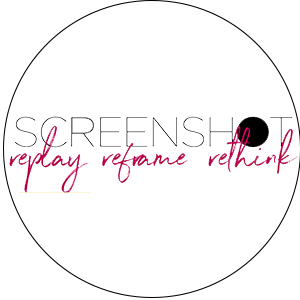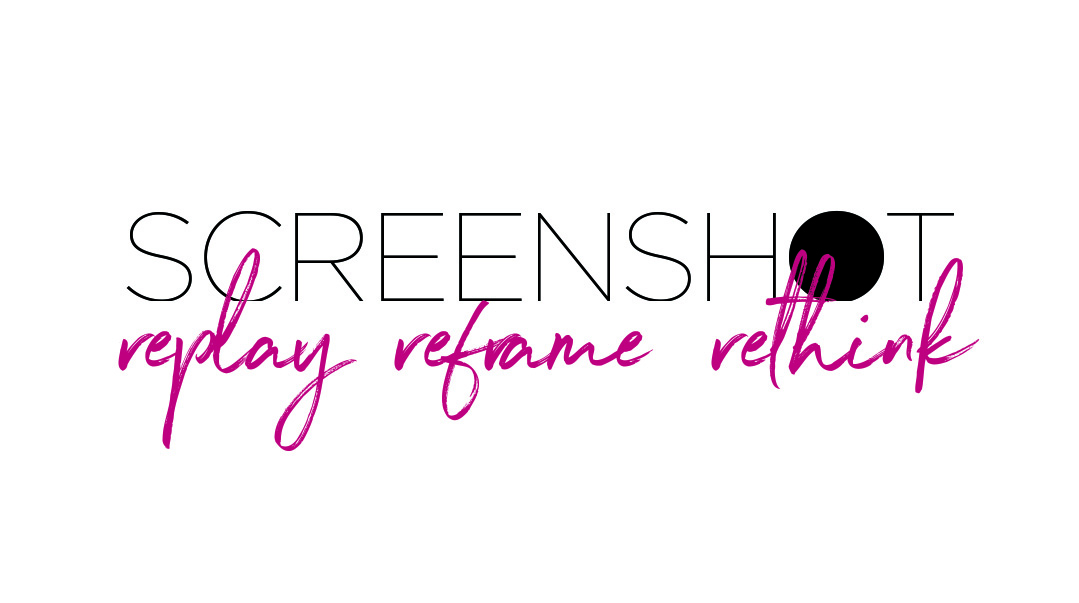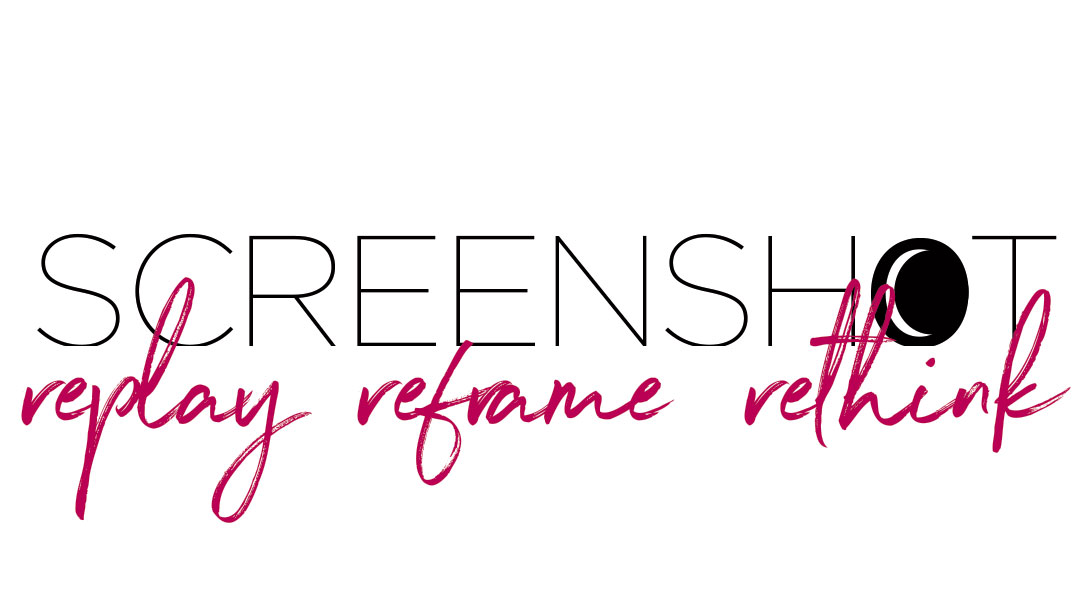Be My Writer

For editors to do their job, writers have to be receptive to feedback

INevery job, there are hard skills that make a candidate stand out and soft skills that add value to an already capable employee.
When an editor seeks a new writer, the hard skills are obvious: a gifted writer who knows the nuts and bolts of reporting and researching, who has mastered the art of language and craft of storytelling, who builds contacts and maintains the trust of sources, and who connects with and understands the readership.
But the soft skills are important, too, and many of them boil down to attitude.
When we take on a writer, we’re looking for someone who sees the editor as a partner — a very invested partner with the desire and skills to get the piece into even better shape.
Not a yes-man. But also not an adversary or taskmaster. And certainly not a butcher.
For editors to do their job, writers have to be receptive to feedback — they have to accept (maybe even welcome) questions and comments, and be willing to get back to work on another, better round.
Another important quality is clear, prompt communication. I remember working with a writer who missed two deadlines for a piece. Worse, he ignored every query asking when he planned to get it in. Unfortunately, our entire team had to stay late on a closing day as a result. Not only is that unprofessional, it’s not menschlich.
(It’s the editors’ responsibility to make sure there are backups and contingency plans, and if the writer has a crisis or the interviewee needs more time to approve a piece, that’s valid and justified. What’s not valid is when the writer doesn’t communicate about these delays.)
L
astly, and this is something that’s very hard, we need writers who can let go. In fact, in this business we all need the ability to let go. Everyone has to pass their work on to the next stage — from writing to editing to proofreading to graphics to production to the printer to the distributor — in order for the product to make it to those couches and coffee tables around the world. As long as it remains in a state of potential, we can keep tinkering and tweaking and improving and rethinking. But then it will never reach the readers.
I used to work with a writer who couldn’t let go. She kept sending change after change, new version after new version. Then, once the final draft was really and truly final, she had to review the initial edit, the proofed version, the final edit, the first PDF, the fixed PDF without captions, the next version with captions….
It’s very draining to deal with someone like this. Not just because of the logistical difficulties, which go with the territory and can be finessed, but because of the clear lack of trust.
And that’s probably the most fundamental issue underlying the writer-editor relationship: trust.
On the surface, the dynamic might look like it’s about word counts and deadlines, leads and angles, quotes and context. But really, this relationship, and the fruits it produces, stems from trust. When editors trust writers to unearth and produce great material, when writers trust that their editors truly want their work to shine, and both trust the process enough to let go and move the material forward, that’s when you have optimal conditions for creative collaboration.
—Shoshana Friedman
Managing Editor
(Originally featured in Mishpacha, Issue 960)
Oops! We could not locate your form.



